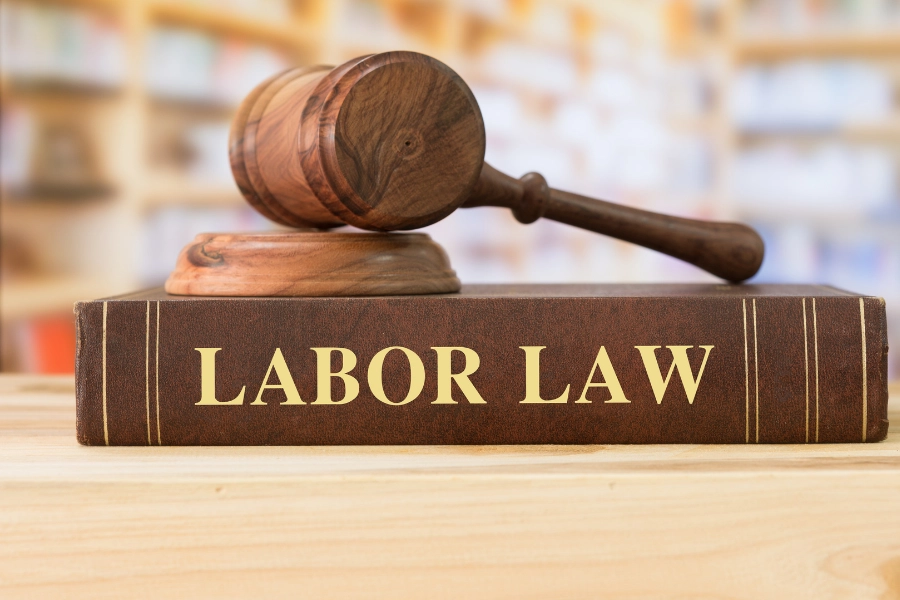Navigating Labor Law in Israel: Vital Insights for Employees and Employers

Labor law in Israel plays a pivotal role in safeguarding the rights and responsibilities of both employees and employers in the workplace. Whether you are an employee seeking fair treatment or an employer striving for compliance, understanding the key aspects of labor law is essential. In this article, we delve into the crucial elements of labor law in Israel, providing valuable insights for a harmonious work environment.

- Employment Contracts: The foundation of any employment relationship is the employment contract. Israeli labor law mandates that an employment contract must be in writing and explicitly state the terms and conditions of employment. This includes details about wages, working hours, leave entitlements, termination clauses, and other essential aspects. Employees are entitled to review and negotiate the contract before signing, ensuring fair and transparent employment terms.
- Working Hours and Overtime: Israel's labor laws stipulate standard working hours, generally set at 42 hours per week. Any work beyond these hours is considered overtime, subject to specific regulations. Overtime pay is generally higher than regular pay, providing employees with compensation for additional work hours. Understanding these regulations helps protect employees from exploitation and ensures employers adhere to labor standards.
- Minimum Wage and Benefits: The Israeli government sets a minimum wage that employers must comply with to ensure fair compensation for employees. Additionally, various benefits, such as annual leave, sick leave, and maternity leave, are protected under labor laws. Employers must adhere to these regulations, safeguarding the rights of their workforce and promoting a healthy work-life balance.
- Termination and Severance: Termination of employment can be a sensitive issue. Israeli labor law outlines specific procedures and protections for both employers and employees during this process. Employers must provide valid reasons for termination, and employees have the right to challenge unfair dismissal through legal channels. Moreover, labor laws ensure that employees receive appropriate severance pay based on their years of service.
- Collective Agreements and Labor Unions: Labor unions play a significant role in shaping labor laws in Israel. Collective agreements negotiated between labor unions and employers' organizations further enhance employees' rights and benefits. These agreements cover various industries and occupations, and employees covered under such agreements enjoy additional protections and benefits.
Conclusion: Navigating labor law in Israel is crucial for fostering a harmonious and equitable work environment. For both employees and employers, understanding the intricacies of labor law helps ensure compliance, mitigate conflicts, and promote fairness. If you need expert advice or assistance with labor law matters, our experienced team is here to support you. Together, let's build a workplace that thrives on respect and compliance with labor laws.